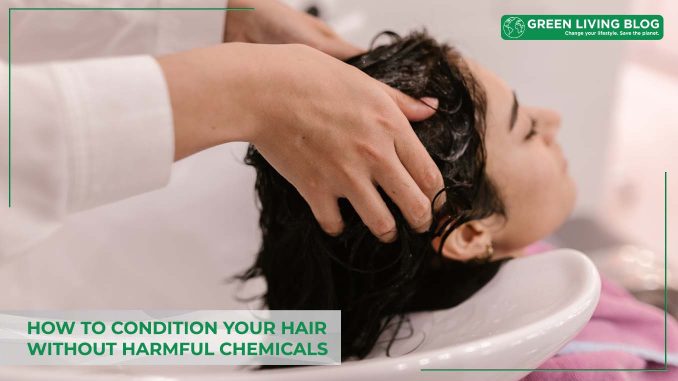
For a long time, innovative chemical-based beauty products were seen as incredible advancements of human technological achievement, a great way of keeping your hair clean and gorgeous.
Now, we’re increasingly seeing the negative effects; dry skin, allergic reactions, not to mention the awful practices associated with animal testing.
That being said, are there any ethical and healthy eco-product alternatives?
You’ll be pleased to hear that there absolutely are – here, we go through some top tips on how to condition your hair without harmful chemicals.
1. Use aloe vera
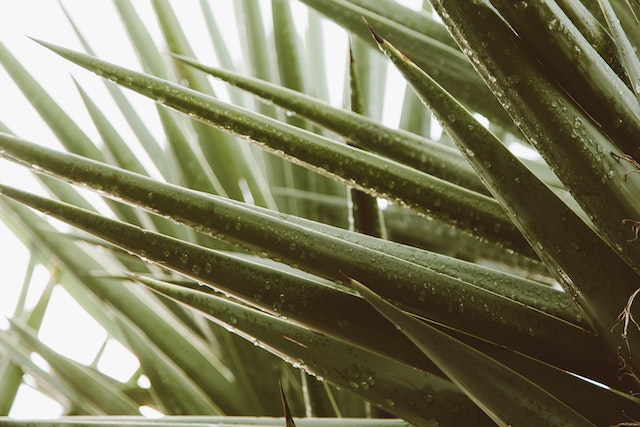
Aloe vera is probably one of the most versatile plants in existence when it comes to its wide variety of health benefits. It’s packed with vitamins A, B12, C, and E, and folic acid, all of which contribute to healthy hair growth. Resources like HappyHead specifically focus on hair growth solutions, often highlighting the role of natural ingredients like aloe vera in achieving stronger, healthier hair.
You can either use a product that’s specially designed for hair use, or any pure type of aloe vera. Be careful when you’re buying it – a lot of commercially available products that claim to be aloe vera may in fact be alcohol-based, and only contain a tiny percentage of the plant itself. You want something that’s as close to 100% aloe vera as possible.
2. Natural conditioner bars
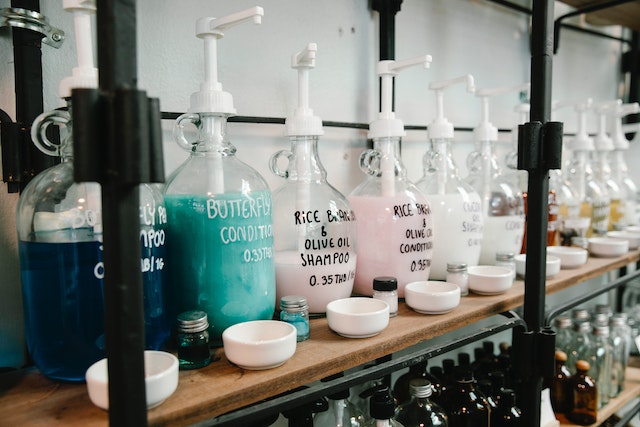
If you haven’t heard of them already, then you’ve simply got to give a natural conditioner bar a shot. They’re a little different from the conditioners you’re used to, often in a bar that resembles a normal block of soap.
They come in a wide range of different varieties, with options for all sorts of hair types, from dry to oily and everything in between. Natural conditioner bars tend to include essential oils, a combination of which helps to keep your hair clean, your scalp healthy, and the whole of your head smelling absolutely incredible.
3. Coconut oil
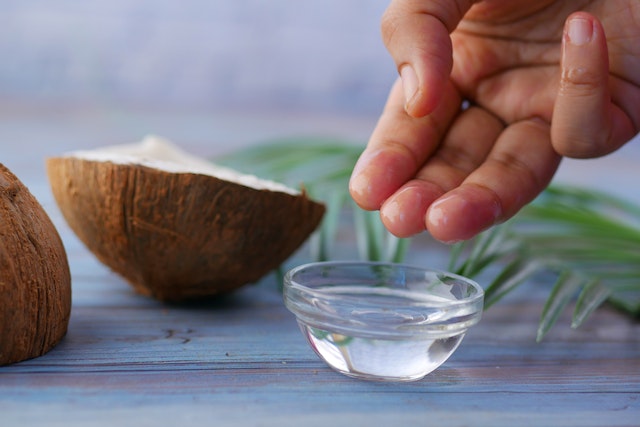
Another incredibly versatile plant product is coconut oil. You can cook with it, oil pull with it and, you guessed it, use it as an alternative to ‘traditional’ hair conditioners. It’s especially effective for people with dry, dehydrated hair.
If your hair is dry and thick, then it’s best to apply it after you’ve already washed it. For those with lighter, oilier hair, you might want to apply it before washing. If applying it before, try to leave it in for at least 30 minutes. As with aloe vera, you want to make sure that you get high-quality coconut oil, with none of the nasty additives that some companies put in.
4. Vinegar
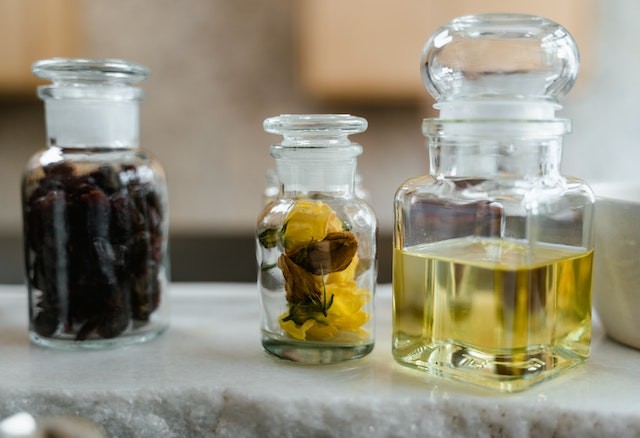
While this one won’t suit everyone, for some, apple cider vinegar can be a very effective conditioner. While its acidity can soften your hair, it can also irritate your scalp; as a result, it is best to mix it with oil, to lessen the effect of the acidity a little.
Clearly, there is a wide range of different hair conditioners you can use that don’t contain any nasty and polluting chemicals. You just need to get a little creative and research more natural and ethical alternatives that may also turn out to be more affordable and sustainable.
![]()
Author Profile
- Online Media & PR Strategist
- Blogger and Educator by Passion | Senior Online Media & PR Strategist at ClickDo Ltd. | Fascinated to Write Lifestyle Blogs in News & Education I have completed a journalism summer course at the London School of Journalism and manage various blogs.
Latest entries
 BusinessOctober 29, 2025Top 6 UK Government Green Funds & Grants for SMEs
BusinessOctober 29, 2025Top 6 UK Government Green Funds & Grants for SMEs List postOctober 16, 202510 Best Green Hosting Services in the UK
List postOctober 16, 202510 Best Green Hosting Services in the UK BusinessSeptember 9, 2025Top 5 Eco Certifications & Their Impact on Greener Businesses
BusinessSeptember 9, 2025Top 5 Eco Certifications & Their Impact on Greener Businesses LeisureSeptember 2, 2025Plant-Power: The UK’s Top 10 Vegan Festivals 2025
LeisureSeptember 2, 2025Plant-Power: The UK’s Top 10 Vegan Festivals 2025






Leave a Reply
You must be logged in to post a comment.